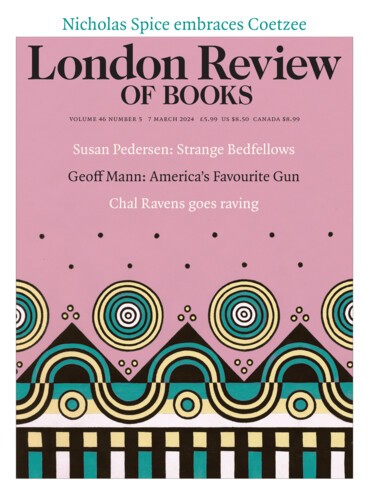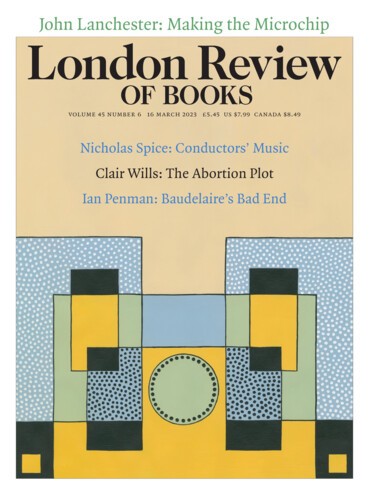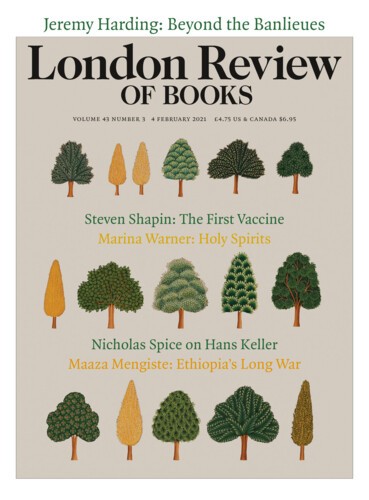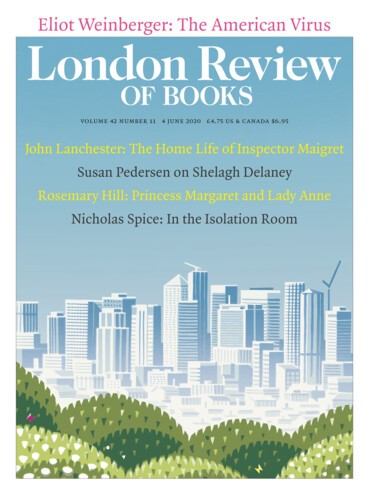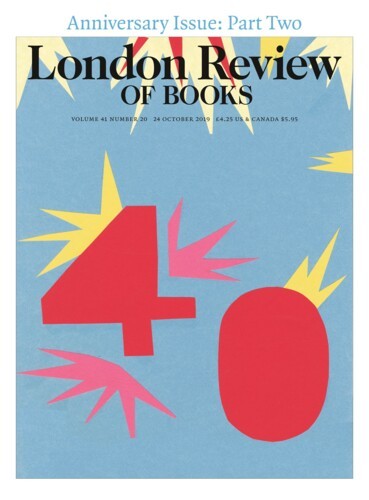The conductor’s practical function – to direct the music – is overlaid with symbolism, and at the interface of the orchestra and the audience he is the recipient of two quite different waves of transference. At his back, an amorphous crowd of strangers beam expectation at him. They have paid to experience something amazing. Variously informed about what exactly he is doing, they are happy to submit themselves to his mystique and charisma. To them, he is the high priest, guardian of the sacred texts, the leader.
Tár directed by Todd Field. Richard Wagner’s Essays on Conducting: A New Translation with Critical Commentary by Chris Walton. In Good Hands: The Making of a Modern Conductor by Alice Farnham. At the interface of the orchestra and the audience the conductor is the recipient of two quite different waves of transference. At his back, an amorphous crowd of strangers beam expectation at him. They have paid to experience something amazing. Variously informed about what exactly he is doing, they are happy to submit themselves to his mystique and charisma. To them, he is the high priest, guardian of the sacred texts, the leader.
